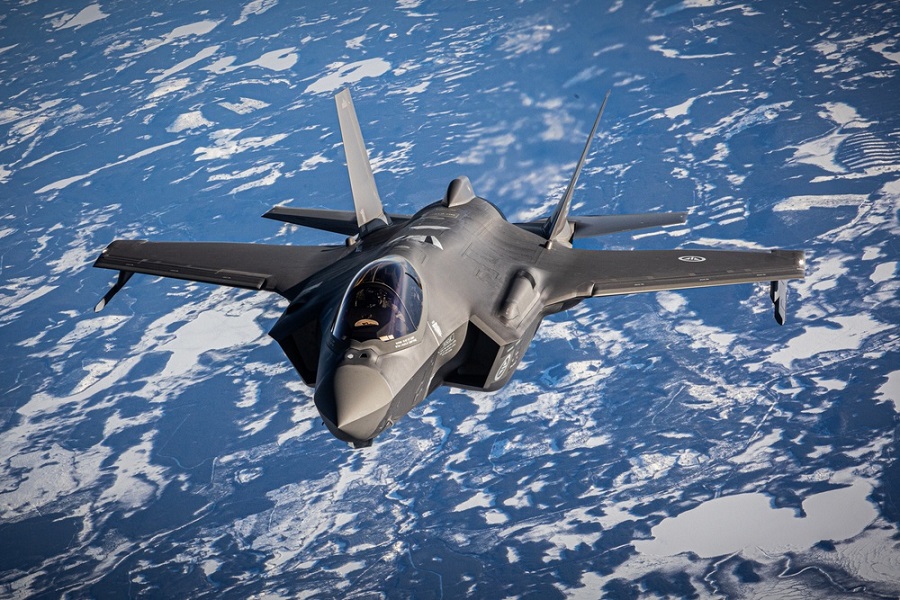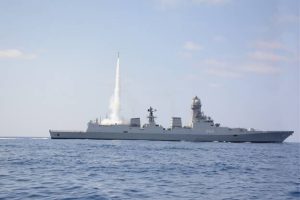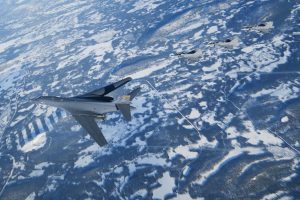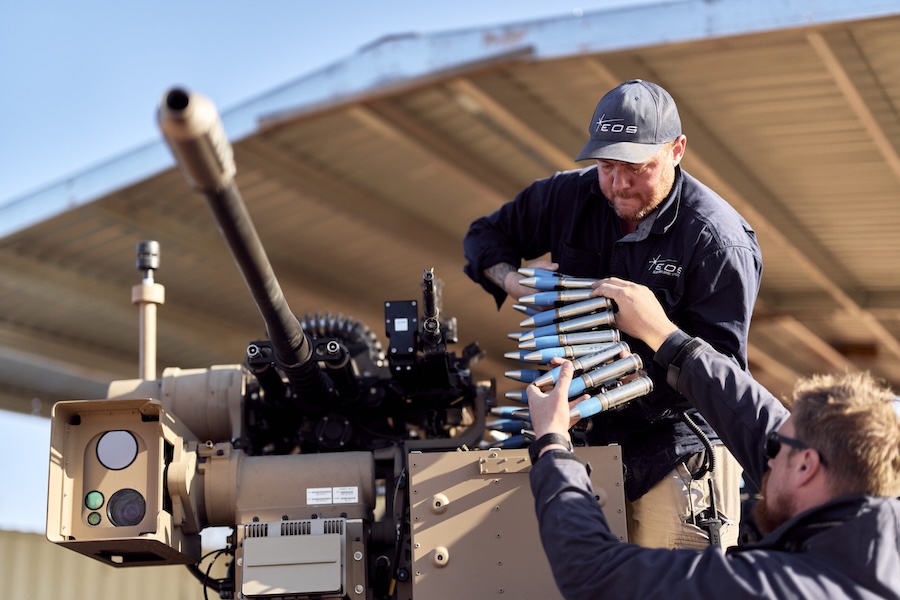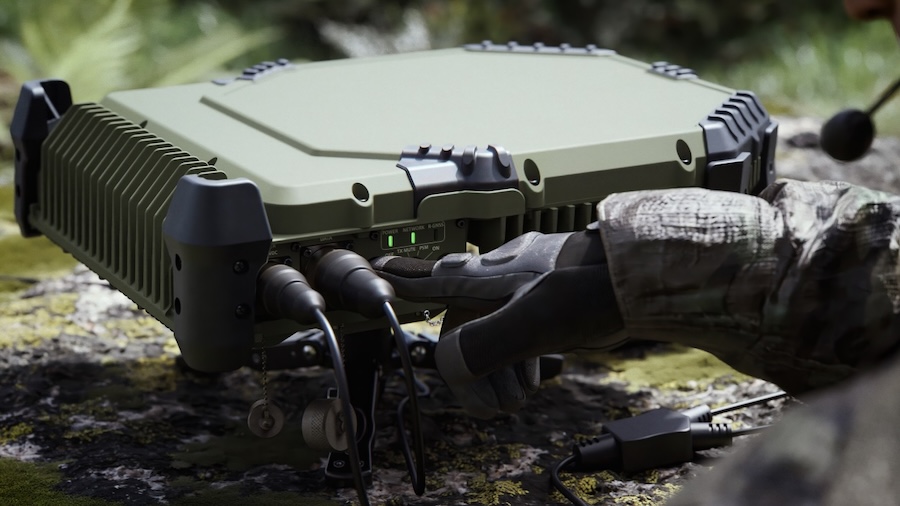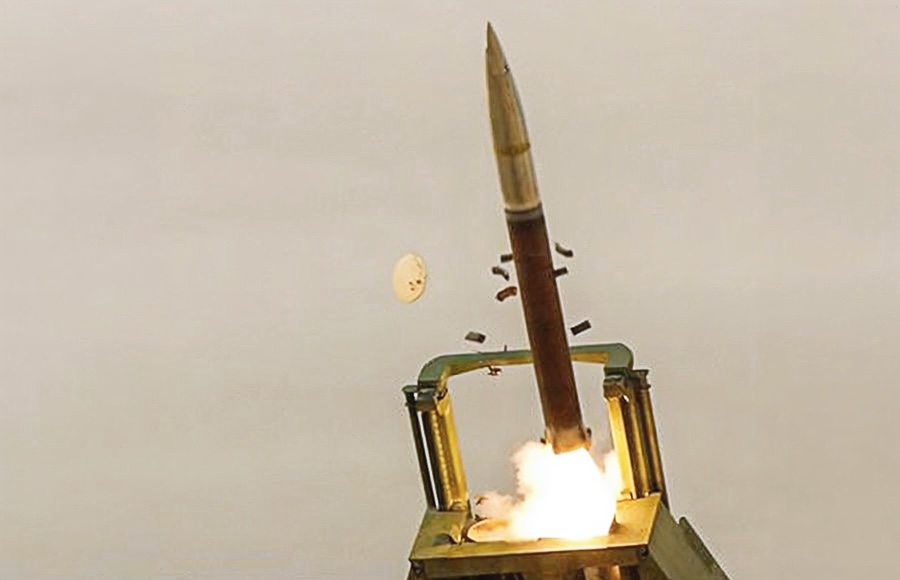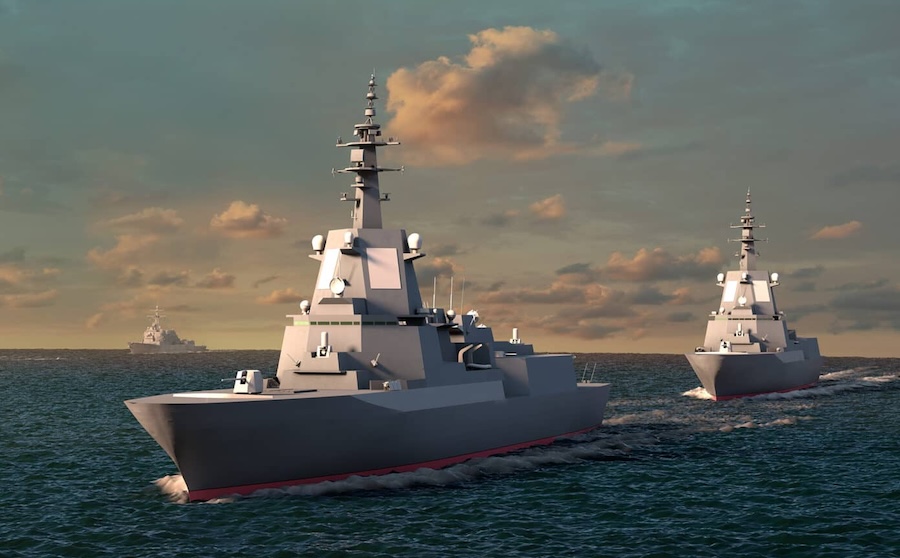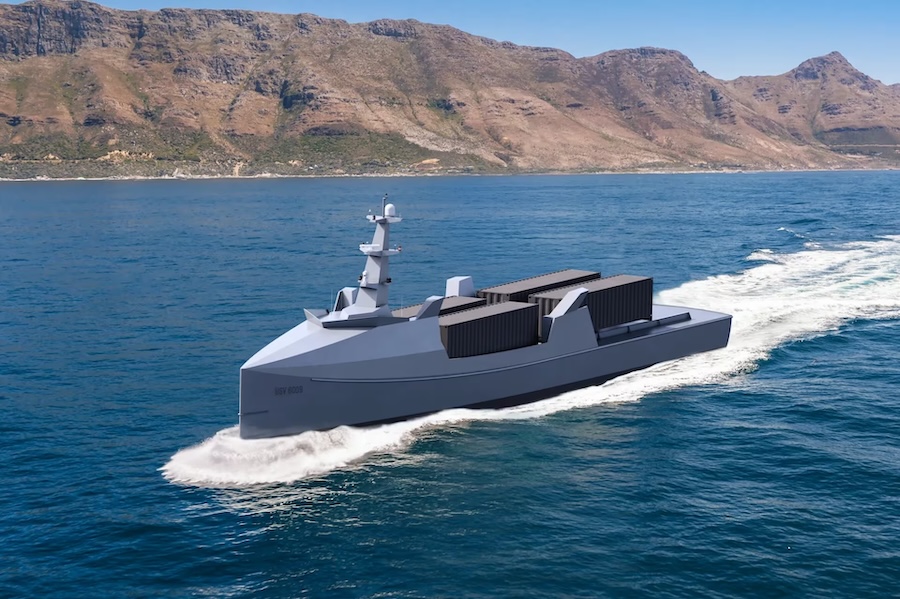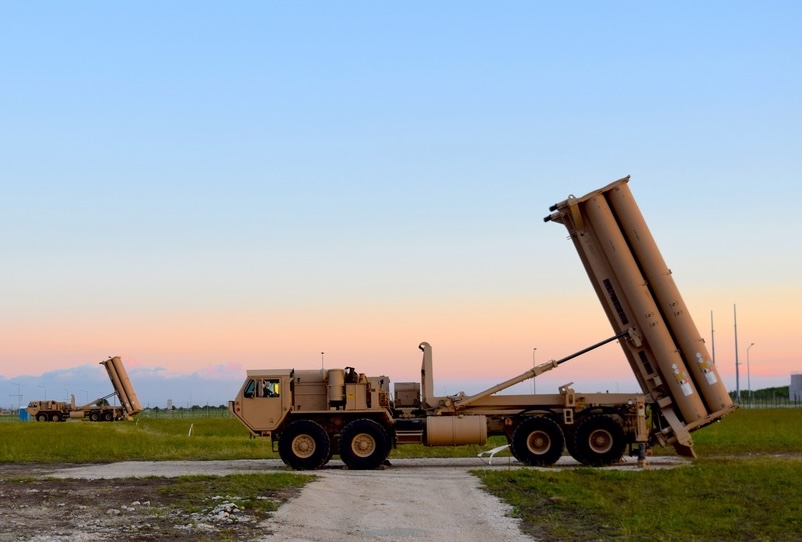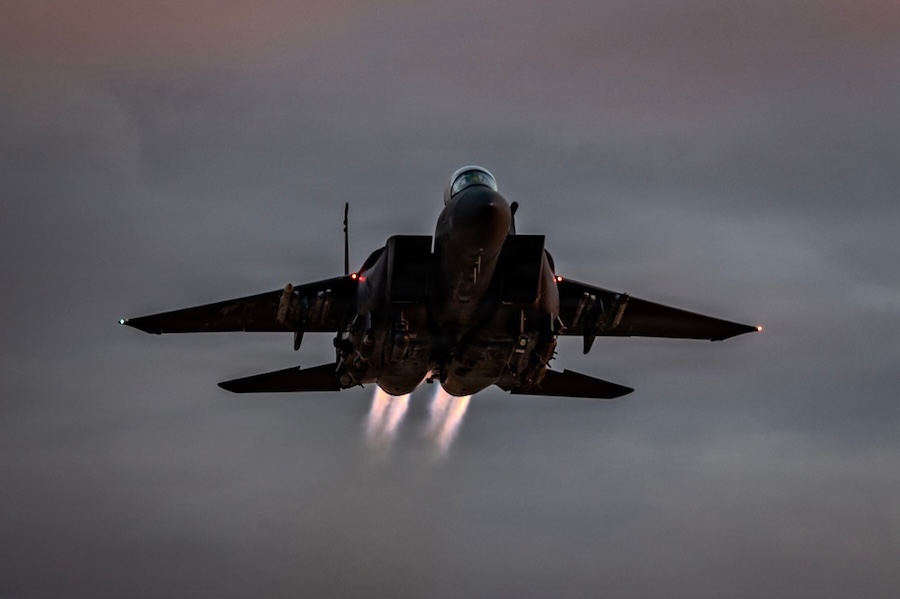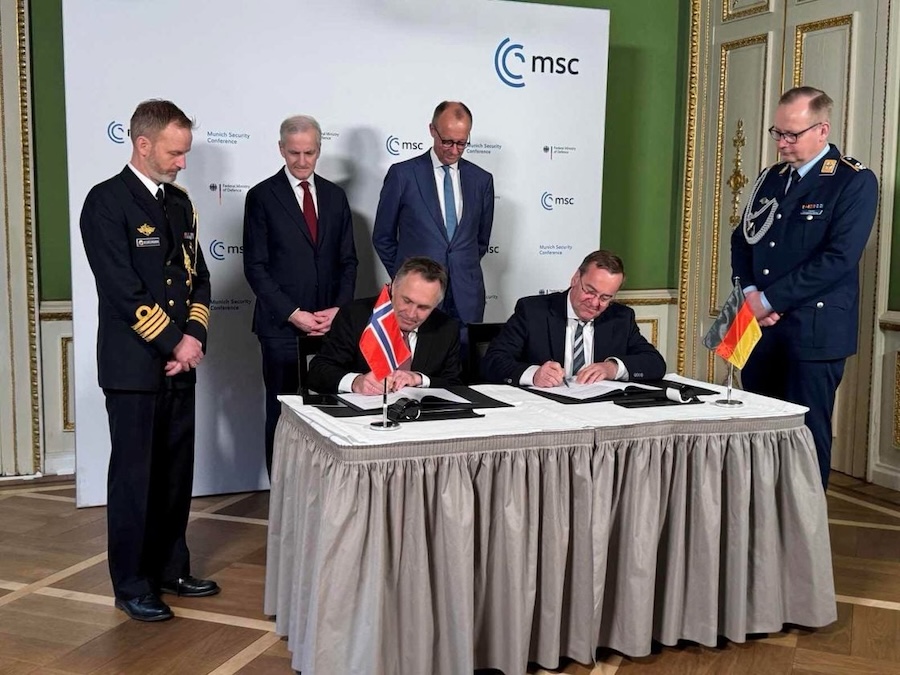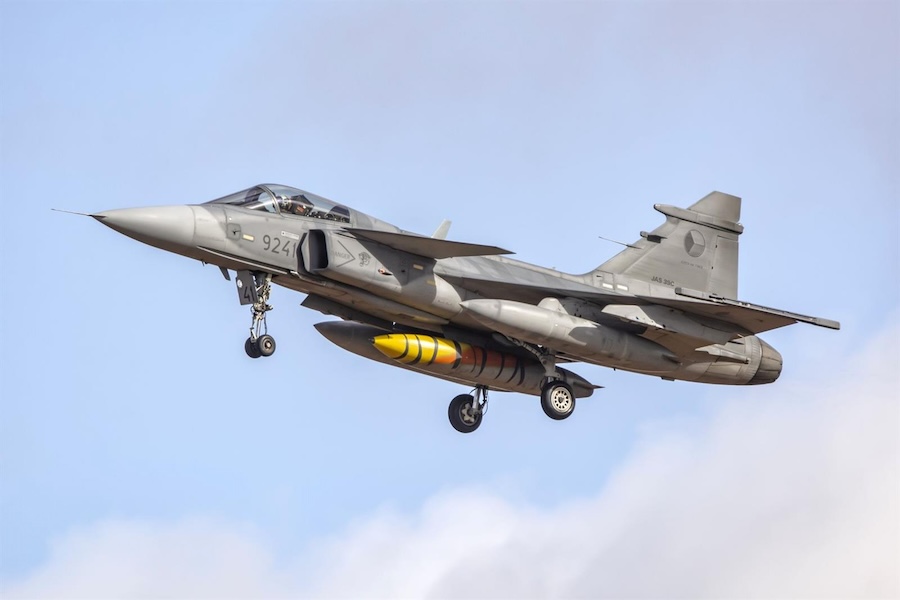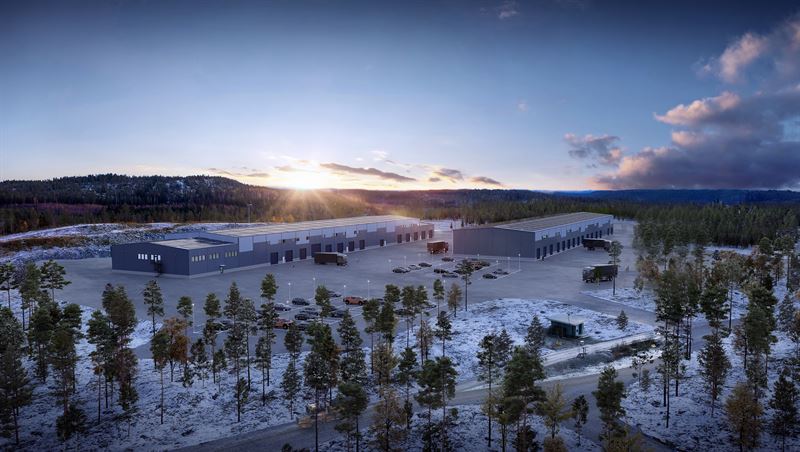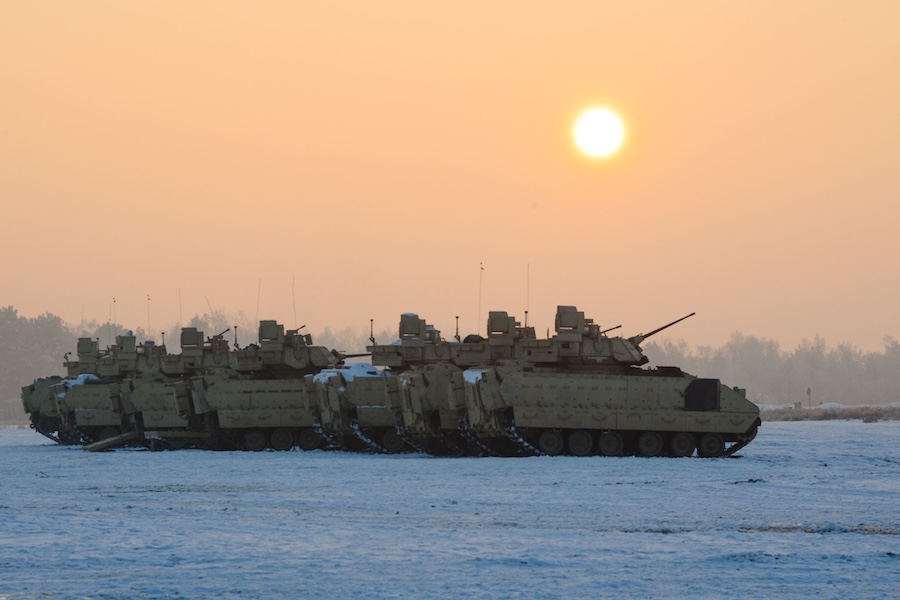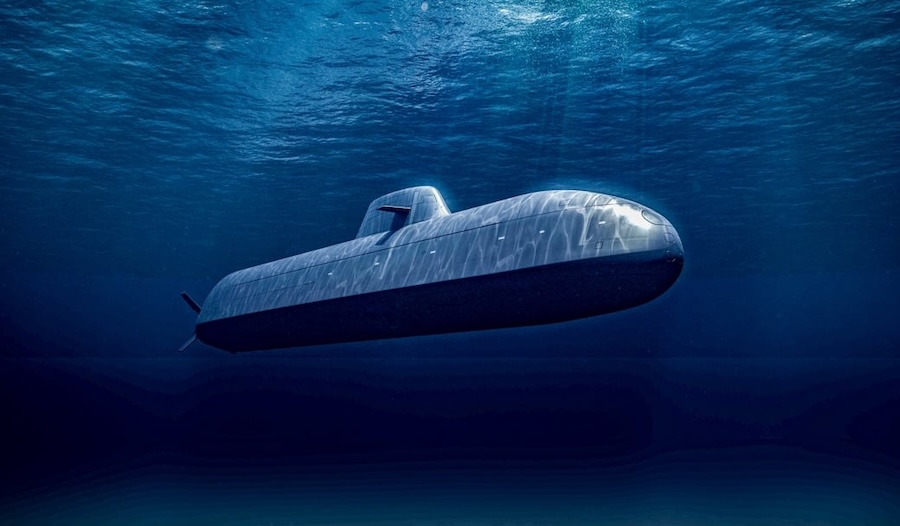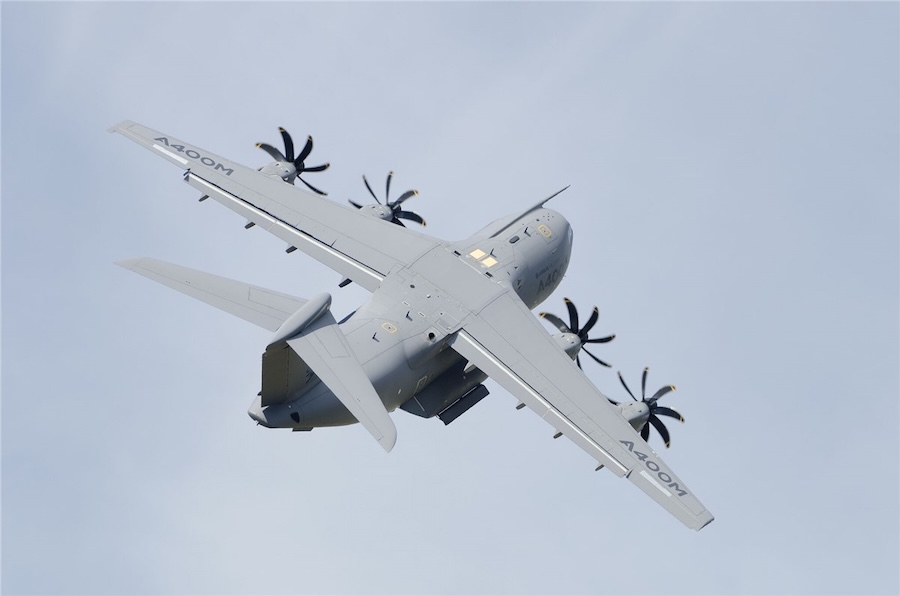The subject was reportedly raised during Prime Minister Narendra Modi’s visit to the White House in February, where President Donald Trump personally pitched the F-35 as part of a wider strategic and defence partnership. However, Indian officials made clear that New Delhi remains focused on defence programmes centred on technology transfer and local manufacturing.
“The government is more interested in a partnership focused on jointly designing and manufacturing defence equipment domestically,” one official told Bloomberg. This stance aligns with India’s broader aim to strengthen indigenous capability through the ‘Make in India’ initiative.
The F-35 proposal formed part of Washington’s wider push to deepen defence-industrial ties, as India has steadily expanded purchases of U.S. platforms in recent years, such as MH-60R Seahawk helicopters and P-8I maritime patrol aircraft. But the Modi administration appears unwilling to pursue high-end imports without guarantees on local production and technology access.
Meanwhile, Russia has advanced an alternative that more closely matches India’s defence priorities. In July, Moscow offered a package including the Su-57E fifth-generation stealth fighter and the Su-35M multirole aircraft, submitted by Rostec and aircraft manufacturer Sukhoi.
Sources familiar with the discussions say the Russian proposal includes full technology transfer for the Su-57E, with domestic assembly planned at Hindustan Aeronautics Limited’s Nashik plant, which has already produced over 220 Su-30MKI fighters. The localisation rate could reach up to 60%, enabling integration of Indian systems like the Astra air-to-air missile, Rudram anti-radiation missile, and Virupaksha AESA radar.
Initial deliveries of 20 to 30 Su-57E aircraft could begin within three to four years, with full-scale domestic production to follow. The total deal may include 70 to 100 jets delivered into the early 2030s.
In parallel, Russia has offered the Su-35M as a quicker solution to support India’s diminishing squadron numbers. Rostec notes that the aircraft shares up to 80% of its components with the Su-30MKI, potentially simplifying logistics and easing pilot transition.
India’s rejection of the F-35 offer marks a clear shift towards defence deals that enhance national self-reliance and industrial growth.
Source: Bloomberg.


